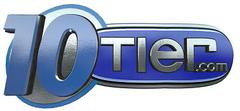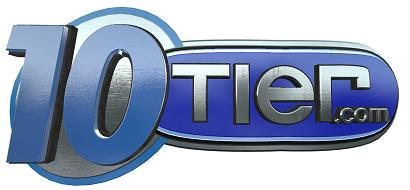Customer Relationship Management Guide
Customer Relationship Management Guide
Table Of Contents
● Introduction
● Why Do We Need a CRM System For Our Business?
● Eight CRM Building Blocks
● CRM Benefits In Your Business
● How To Build a Solid CRM Business Case
● The Main Functionalities of the CRM Framework
Introduction
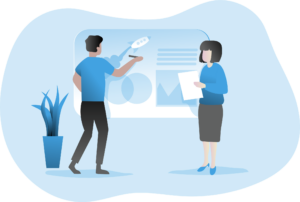
The phrase applied to everything from strategy to software is a catch for customer relationship management or the CRM. But it can reap tremendous benefits for your business if properly implemented.
Over the years, the sense of CRM has altered a lot. Initially described and designed to enhance customer service, CRM is a concept. As it applies in the entire organization, the software of CRM will serve as the single repository. This will put together all your sales, marketing, and customer service activities in one platform, and streamline your process, policy, and individuals.
Why Do We Need a CRM System For Our Business?
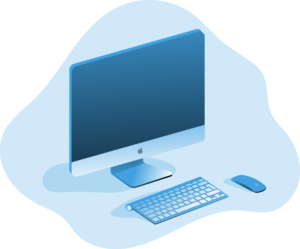
CRM is the world’s largest software sector, and it has proven steadily to be the best technical asset that businesses can invest in. The simplicity of CRM software which can integrate with other applications has gained popularity over the years. Most businesses used CRM systems which greatly help them manage the business cycle easily. It also improves the sales and marketing return that helps them reduce their costs.
Eight CRM Building Blocks
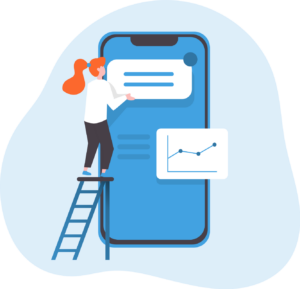
Perception

To create an idea of what the customer-centered business would look like and build a competitive marketplace based on value propositions, the company brand identifies, communicates, and personifies.
Methods
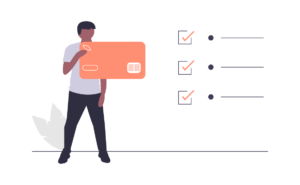
To turn the customer into an asset, you must design a strategy and create a value proposition. This means setting priorities and deciding how resources can be used to engage with clients.
Valued Customer Experience

This ensures that the business’s services and experiences provide continuous value to consumers, and are regularly delivered; and the desired market position is achieved.
Organizational Collaboration
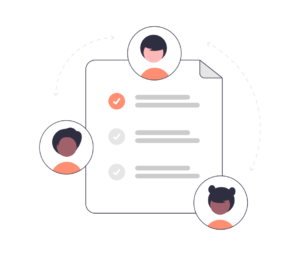
Evolving cultures, organizational structures, and behaviors ensure that customer satisfaction is delivered by staff, stakeholders, and suppliers working together.
Processes
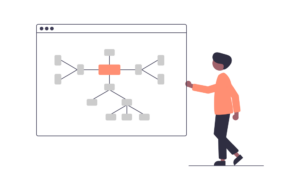
We manage consumer life cycle procedures efficiently (for example, accepting new customers, handling inquiries and concerns, and winning back lost customers) and processes of analytics and preparation that create customer awareness.
Information
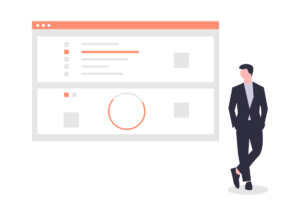
We are collecting and routing the correct data to the correct location.
Technology

This includes data and information processes, client-facing software, technology, and IT architecture in the business.
Metrics
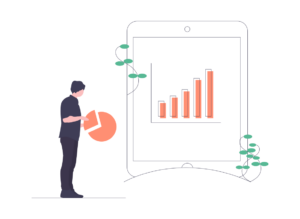
We are evaluating internal and external CRM results and failure signs.
CRM Benefits In Your Business

By helping you centralize, optimize, and streamline your interactions with customers, a CRM system will support your company and become stronger in these six fields.
Better Customer Awareness
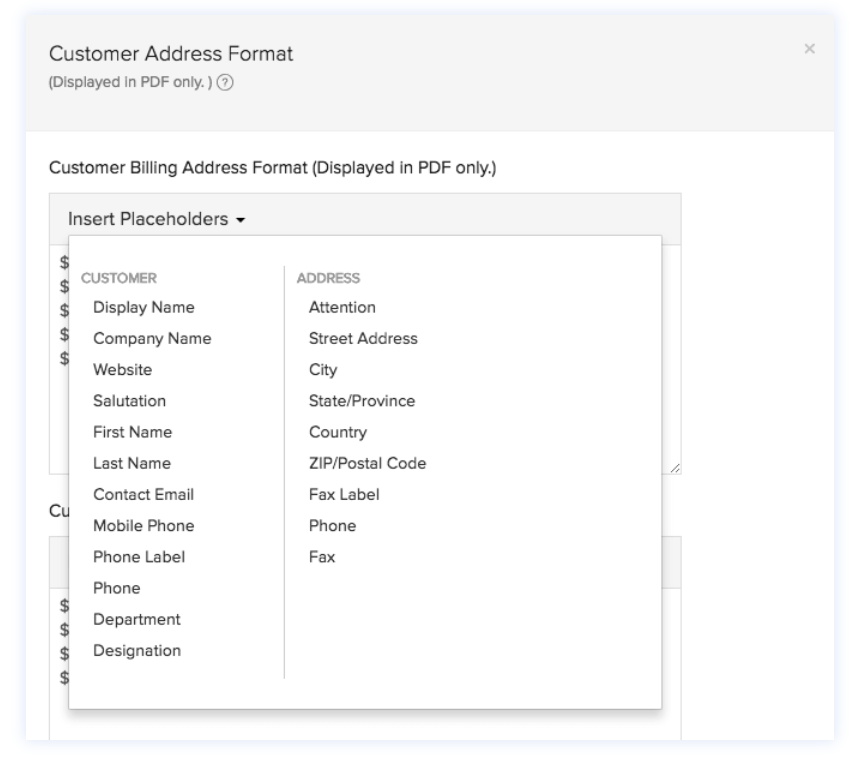
As easy as it can sound, the mere fact that you have all the data stored in one place on each touch makes CRM a super powerful tool for communication.
A CRM system offers a strategic advantage to the sales, marketing, and customer support teams, like a cheat-sheet providing quick access to key details.
They know the full name, email address, phone number, postal address, website, and social media profiles of contact and such important business information as the role of a contact in the organization. Might as well the language they speak and even their birthdays.
With all this data at your fingertips, it becomes a breeze to personalize your connection with a touch.
Secondly, with the aid of CRM, you can save all activities, taks, purchases, live chat messages, email exchanges, invoices, orders, contracts, or customer service requests that contact has ever participated in.
In other words, a CRM system helps you better understand who your contacts are and what they want.
Better Segmentation

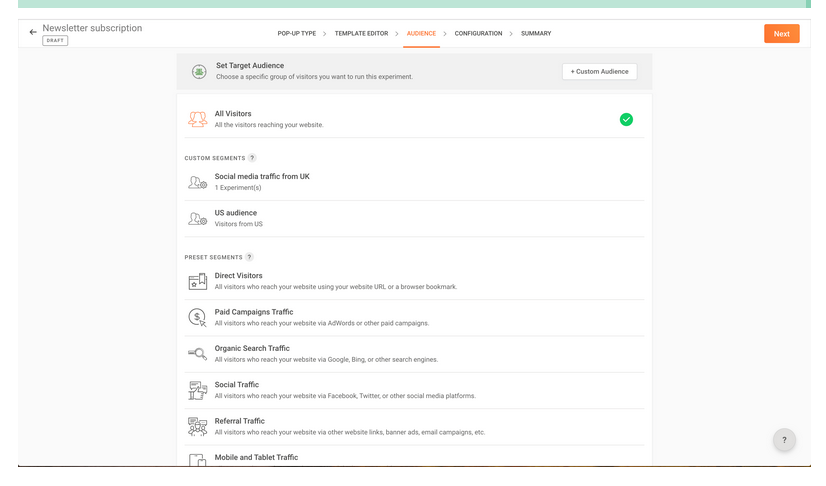
With a faceless audience, no one wants to do business. Everybody wants to cope with the ideal crowd.
You could do that by segmenting interactions (clients and prospects) into target markets. There isn’t much else out there that does segmentation better than a CRM.
Forming an oriented list was made easy by the use of CRM, it grants you to separate information by categories and criteria. These organized lists that are used in sales and marketing help you to push through specific customers marketing strategies (and account-based marketing strategy) and assess the process and lead pool of your sales.
Once you know and finalize your target market, you can effectively customize your bid, your tactics, and even your sales pitch!
A strong CRM method, in a nutshell, helps you to understand better who is interested in what you have to say, who is still on the fence, and who is cold like ice.
Better Customer Retention
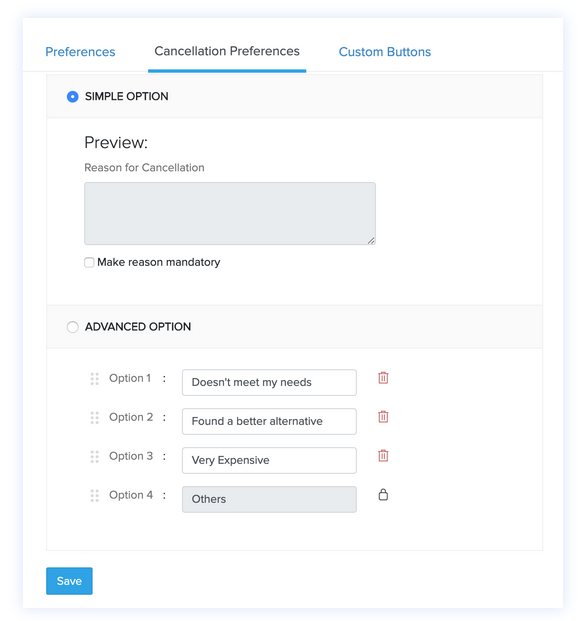
CRM is also a fantastic tool for keeping your current customers happy, aside from being a great asset in discovering and cultivating your future and new customers.
The CRM system has a variety of “customer retention” benefits which can help you keep your promises by reminding you about meetings or when to send follow-up emails.
The real trick here, however, is that CRM may also encourage you to reach out to those customers who have not been contacted for a while and may feel neglected.
A CRM framework will also help you coordinate your marketing efforts to retain the attention of your customers: submit email campaigns, free trial deals, or customer surveys after purchase, etc. at the right time!
Effective Preparation of Services
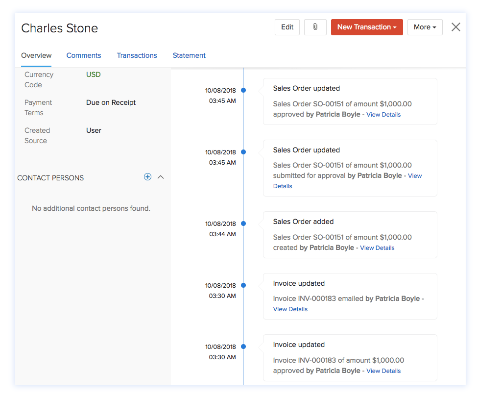
We feel more at ease once we know what is coming.
Similar scenarios can be applied to businesses too. When you’ve been monitoring their buying patterns, it’s easy to cross-sell or upsell a client.
Assisting sales personnel to sell more and quicker is one of the biggest benefits of using a CRM system. The visibility across the whole consumer journey to the customer contact history helps sales reps predict customer needs.
If you know the contact’s purchasing background, what they bought and when, what contracts they were given, what shopping habits they exhibited, and even how they became your customers, you can be strategic and come up with new or better offers at the right time.
In delivering excellent customer support, a CRM system is also indispensable. Accessing the history of contact makes providing timely customer service simple.
With just a few clicks, you’ll know if your product had any issues when it reaches the customer, how their customer queries were handled, and whether or not they were satisfied. It’s your chance to redeem your reputation and provide a much better customer experience if they have complained about something in the past.
Better and Speedier Communication
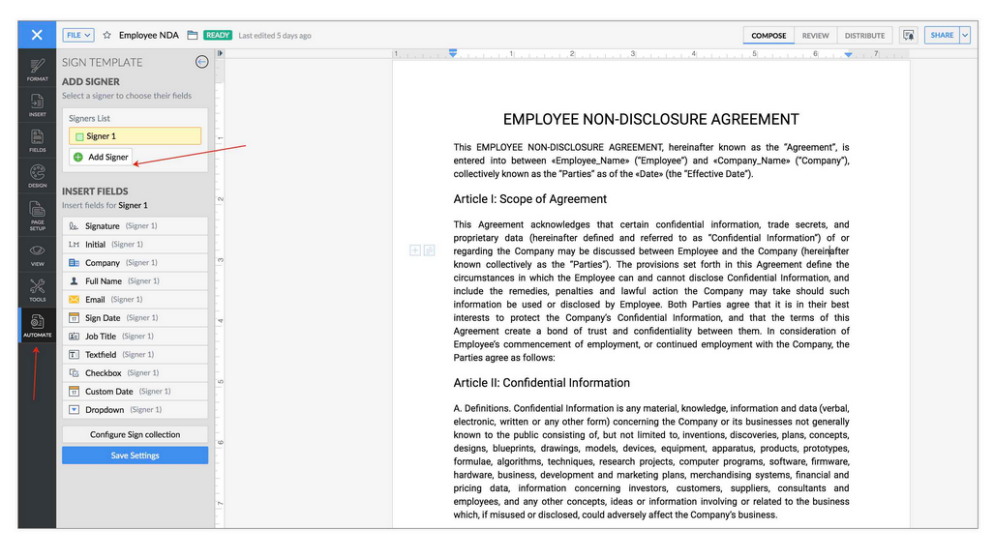
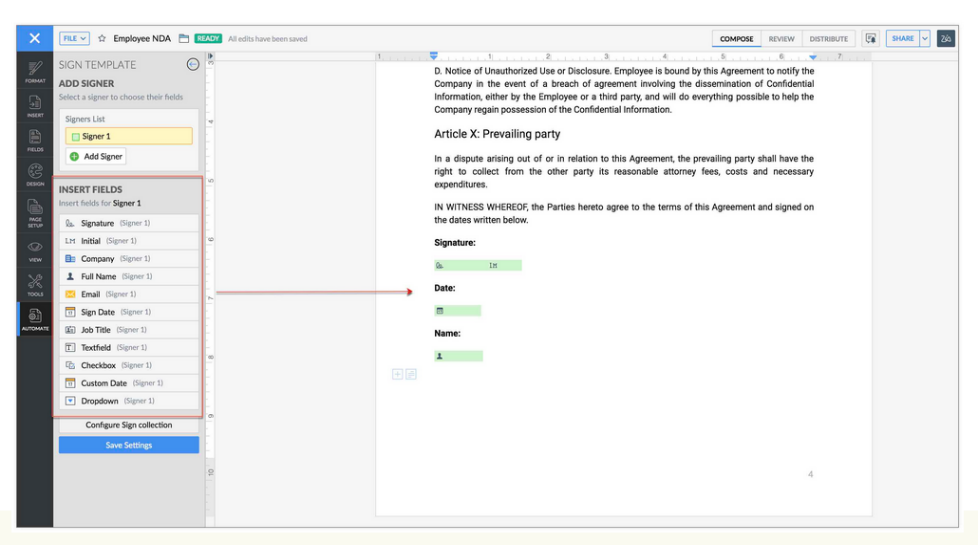
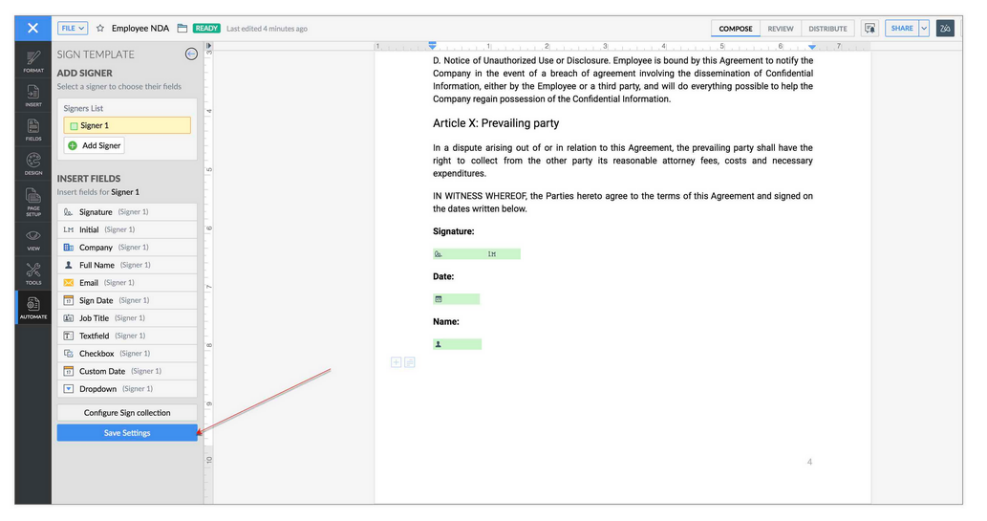
It is a sign of integrity not to make the customers wait by answering their questions quickly.
The CRM framework, which offers you a collection of customizable, ready-to-use email templates, letters, papers, plans, quotations, invites, newsletters, etc., saves yours and your customers’ time.
The other benefit of CRM is, it enables you to compose SMS and emails, and prepare weeks or months for their deployment.
When it comes to dealing with customer service concerns, speed is everything!
CRM helps you configure your correspondence with all contact interaction history only a click away, send responses providing fast solutions to recurring issues. Share links to FAQs and videos, not even to take account that it is possible to make phone calls straight from the computer.
Better Data Privacy Security
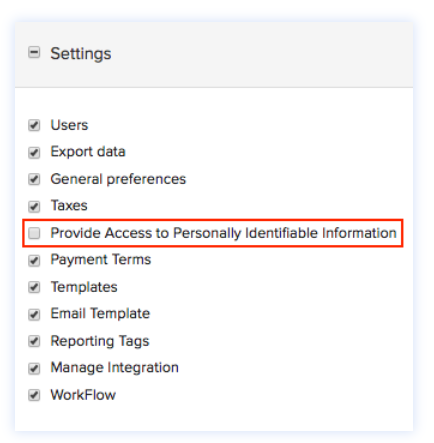
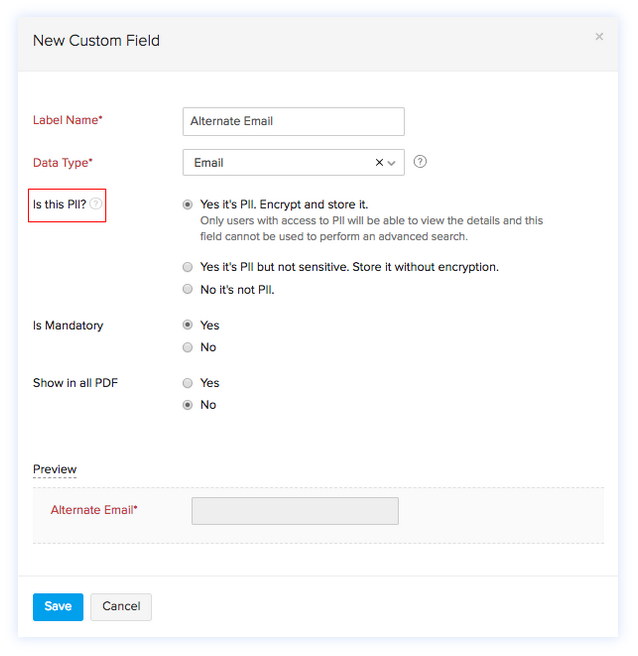
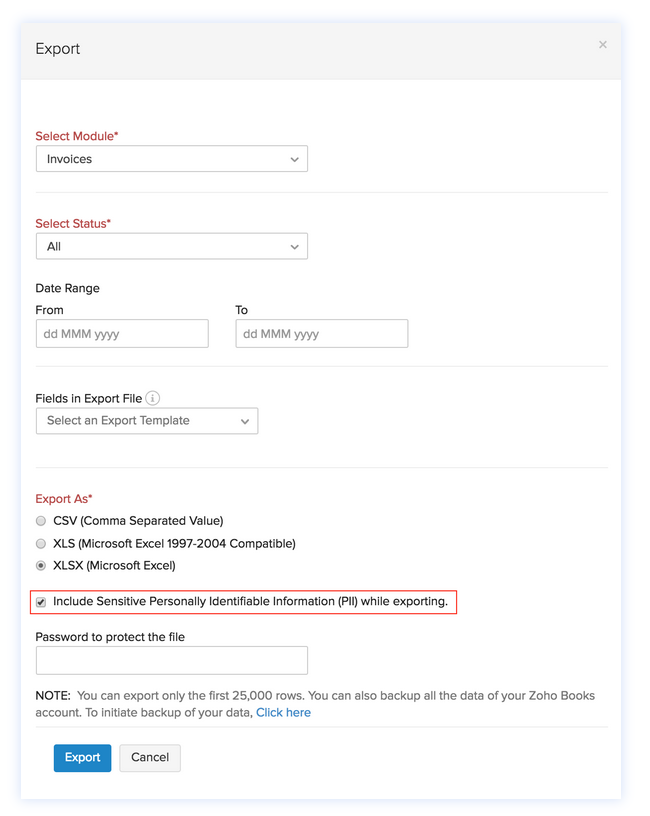
Now, let us address the”buzzword of the last few years”, the General Data Protection Regulation (GDPR).
To comply with the data privacy requirements of the new EU regulation, it is important to have a CRM software that has built-in GDPR related functionality.
The most important benefit of CRM here is that it will save you a lot of time and effort if you break this privacy law, because being a GDPR compliant is a challenge in itself, not to mention all the unpleasant legal consequences.
It’s safer and better to have GDPR than feel sorry in the end.
A CRM system will help you collect and document the consent of your contacts to retain and use their personal information (consents) and send automatic updates to any new contacts informing you that you want their data to be stored. Manage the subscription of your customers to email correspondence preferences as well as created changes to the rules all at once personal contact group details.
It would take a lot of time for all of this to be done manually, and you are still at risk of making mistakes. But it’s a simple , secure, and reliable way to make your customer communications compliant with GDPR to set up a CRM system to do it for you, which in turn generates trust as you treat your customers’ data respectfully.
How To Build a Solid CRM Business Case

How to construct a strong CRM business case, step-by-step
Not only does a strong business case prevent stumbling blocks, but its ultimate aim is to win the all-important executive buy-in. Correctly done, it will also:
- Identify goals
- Helping prioritize resource allocation
- Show why the CRM initiative will be a strategic winner, measure benefits at a thorough level, and include details about how the program will achieve those benefits.
- Defining ownership
- Defines actionable tactics and techniques
- Provide a CRM vision that is understandable, singular, and shared
- Providing observable transparency across business divisions and departments with clear criteria for accurate measurement
- Justify funding and put in place a mechanism to secure funding and good services.
- Map out a plan of execution
- Serve to direct ongoing initiatives as a reference tool
- Recall the importance and vision of CRM to stakeholders, keeping everyone on track towards the organization’s long- and short-term objectives.
- Provide a sustainable competitive advantage for your firm
The method of creating a solid business case can be overwhelming. But the outcome will be a blueprint that will pay you back and have enduring value in spades.
Knowing how to create a convincing business case will help you to better position your senior management application, especially your CFO and CEO. Not to recognize if you have validated the CRM system and finding on how to set up your initial CRM trip to the next stage.
The Main Functionalities of the CRM Framework

Lead Management
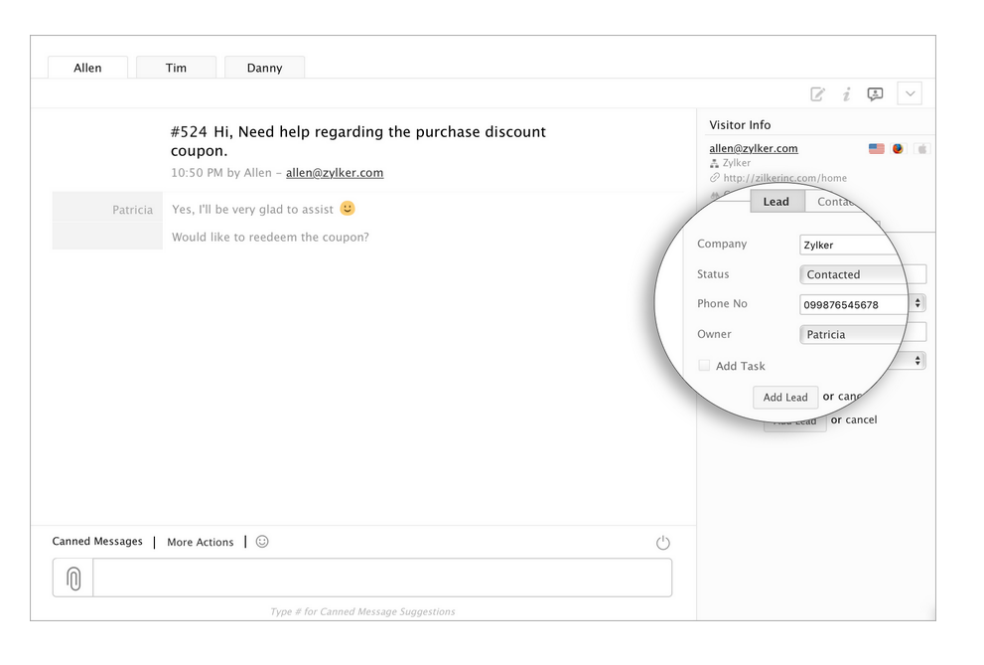
If one thing is to get quality leads, monitoring and handling them to deal with closure is another. CRM gives you everything you need to know about your leads in order to turn them into happy, paying clients. Based on many parameters, you can assign leads and know which leads are most likely to go down the pipeline with lead scoring and automated lead assignment.
Management Contact

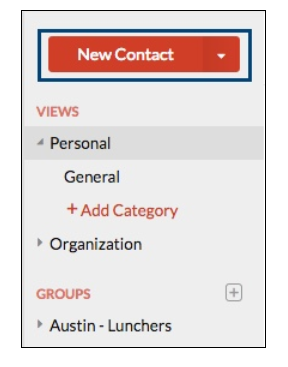
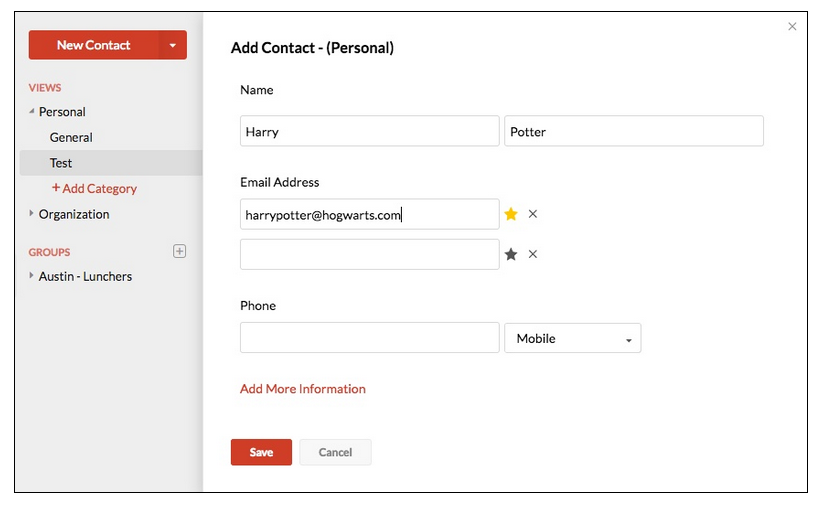
Contact management functions in CRM help you to arrange your business contacts in one location. You’ll know the best time to contact them, social media interaction references, and analytics to reach customers via email and other means of communication when and when you last contacted a customer.
Deal Management
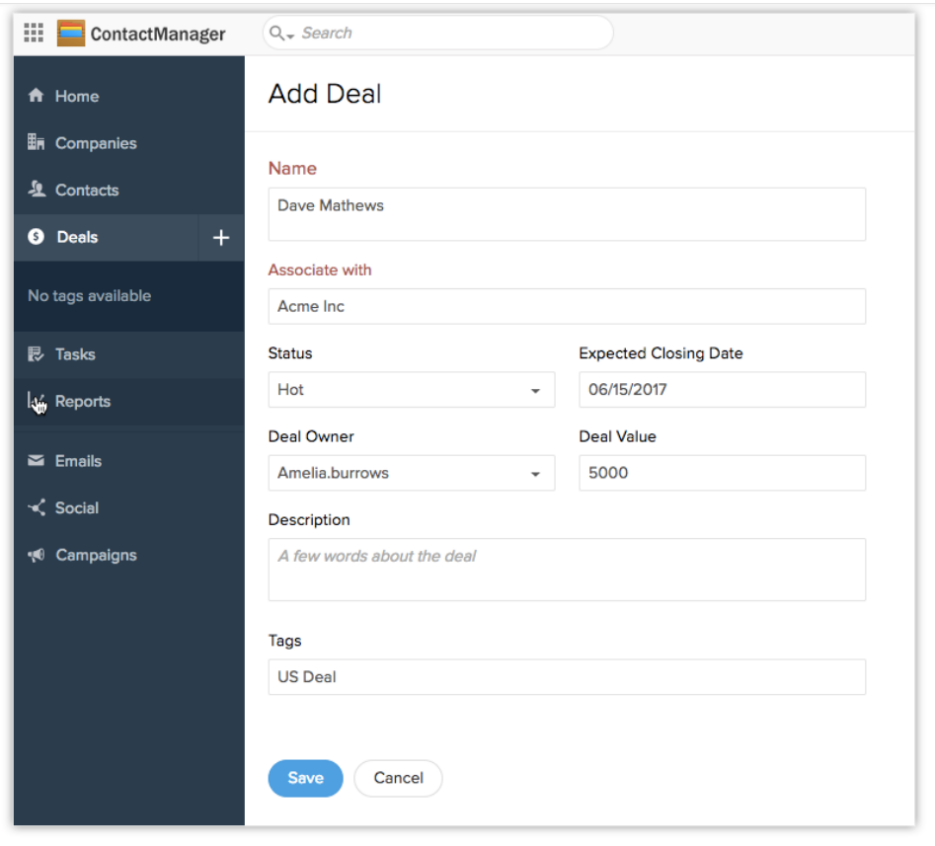
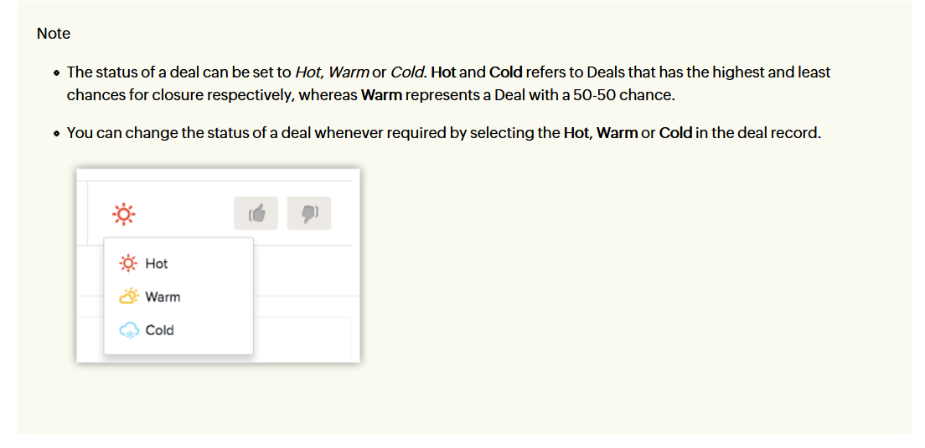
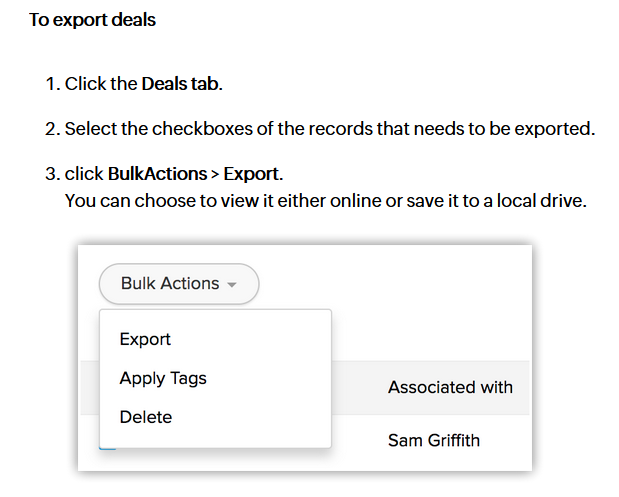
A contract that is lost once is lost forever. In CRM, the features of contract management give you the full picture of your current and future deals and let you know what went wrong with your past deals that failed. CRM allows you to segment deals based on their present stage in the pipeline, and will tell you the probability of winning any contract.
Email Management
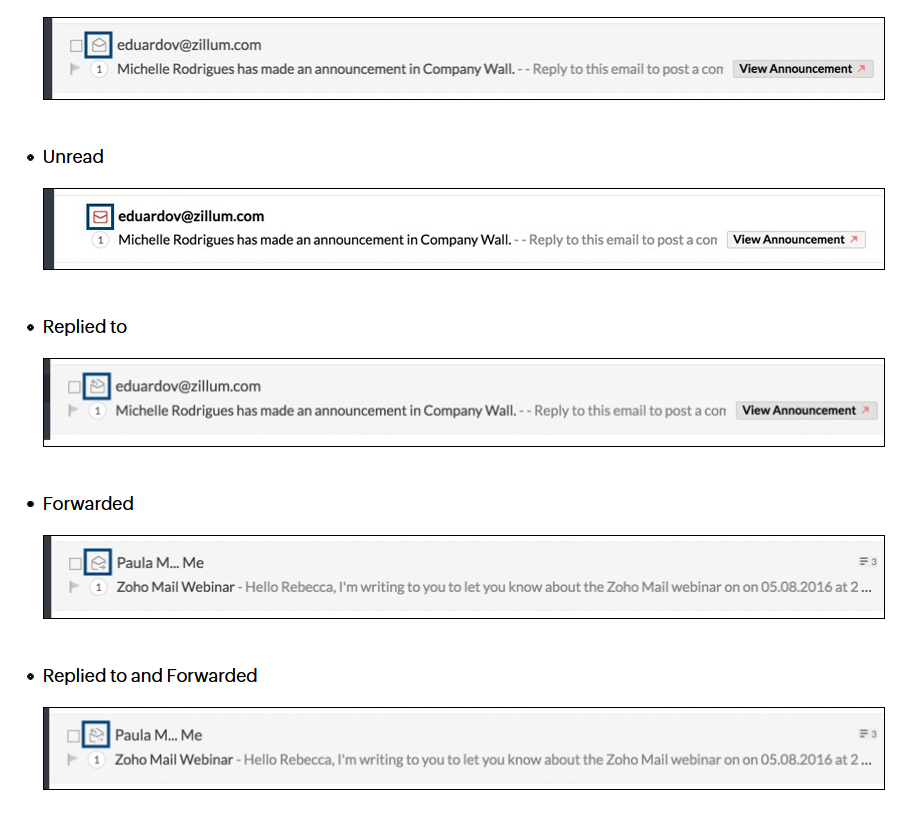
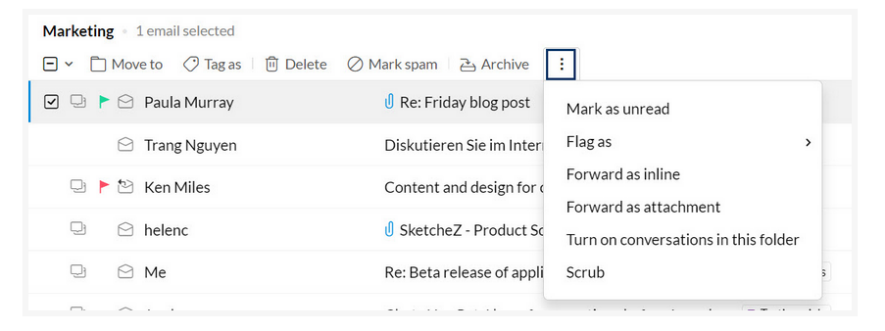
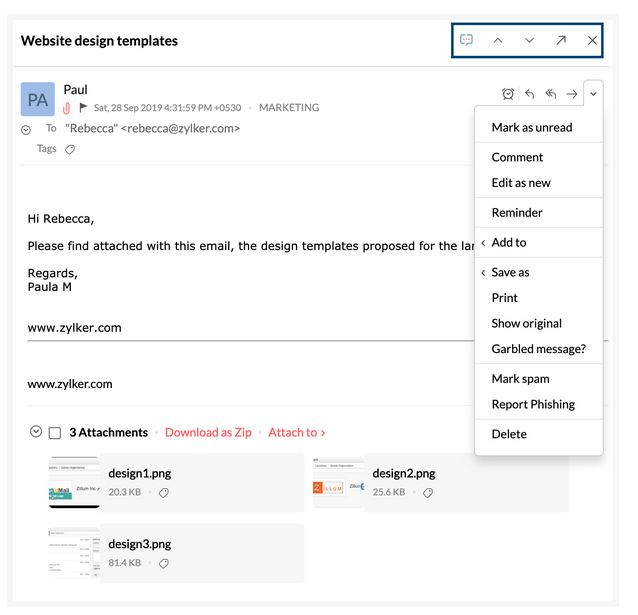
Email management is a key feature for every organization, and you can take full control of it with an online CRM solution. With your customer service management tool, it is possible to integrate any email client you use, helping you save time shifting through tabs to get tasks completed. Within a CRM, the email management system helps you prioritize communications, evaluate an email’s response, and ensure that you have a detailed follow-up with your receivers.
Automation of Revenue
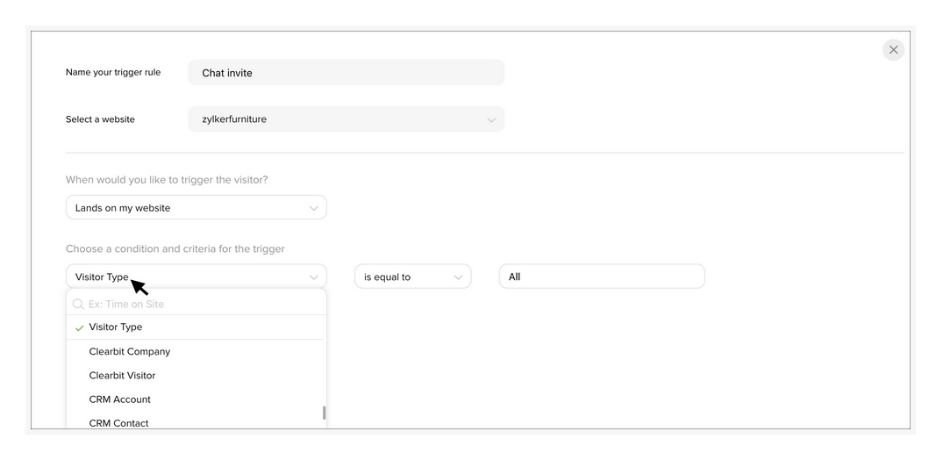
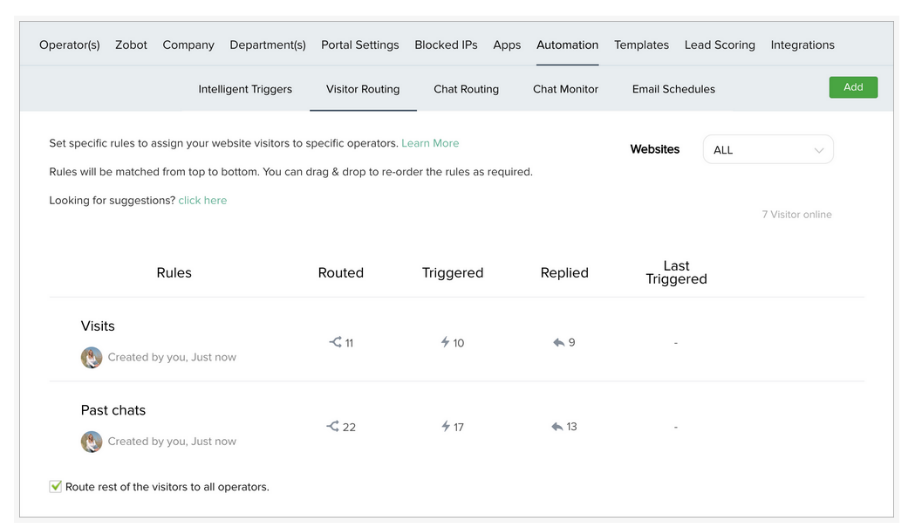
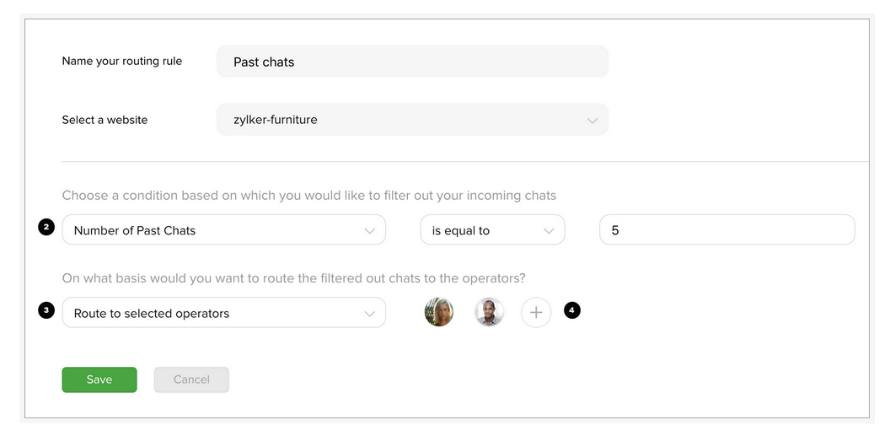
As a CRM implementer for your company, you want your sales staff to spend more time selling and much less time doing other administrative tasks.Here is where it can help to simplify the sales process. Sales automation can allow you to replace current basic chores with strategic processes and macros. With automated assigning leads to the right sales reps, leads can also pass more quickly into the pipeline.
Analytics and Monitoring
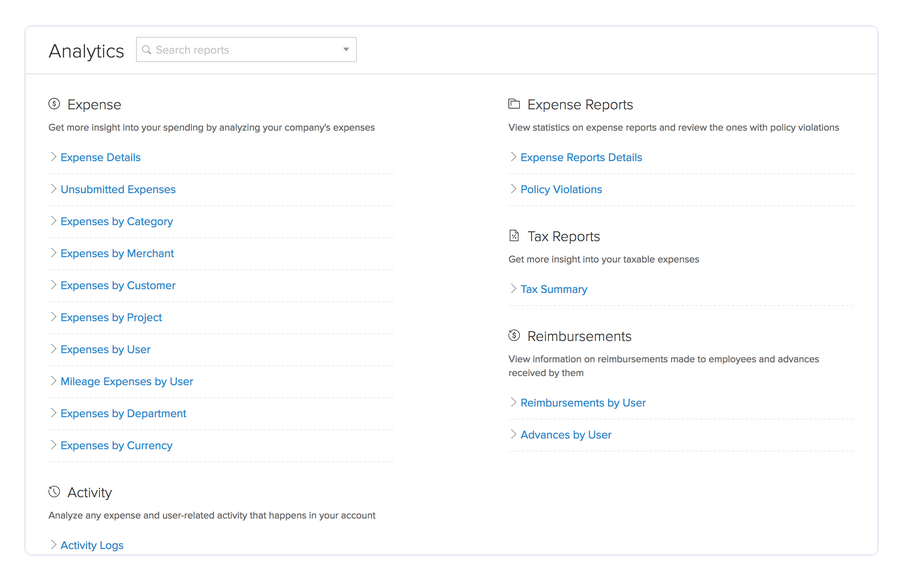
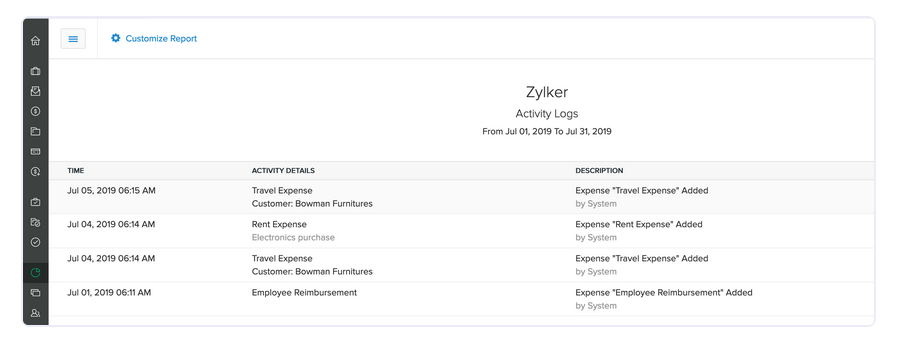
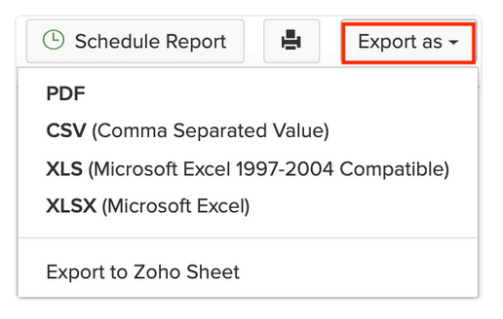
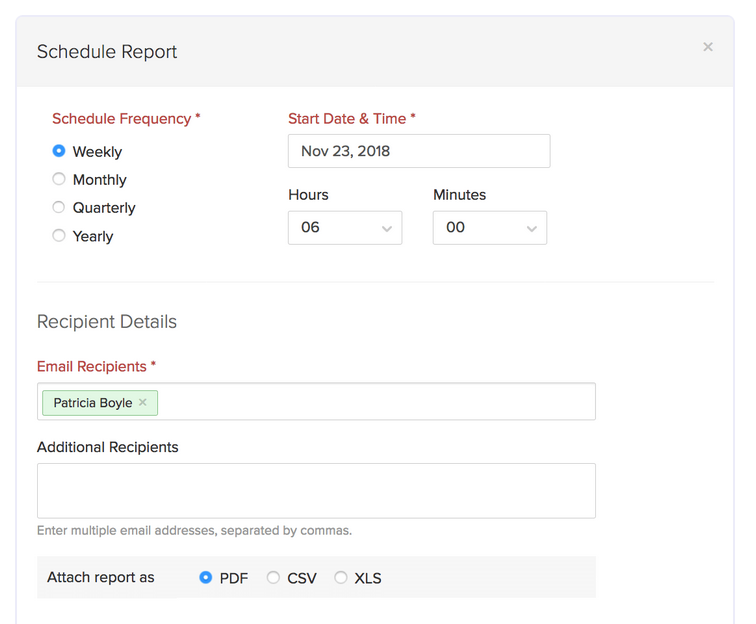
A corporate culture driven by analytics can go a far toward changing the decision-making style of your business from “gut instinct” to “data-driven”. The CRM framework provides organizations with the necessary knowledge to process data from different sources and obtains useful insights to guide them. An inbuilt analytics engine within CRM can help businesses gain a crucial competitive edge, from simple charts to advanced analytics insights, such as spotting anomalies in your company.
Automation of Advertisement
Sometimes, companies find themselves wasting their marketing budget because of insufficient preparation and the failure to identify the real target audience for their brand. These activities may be hampered by a disconnection between sales and marketing teams. With a marketing CRM that has built in marketing automation and campaign management functionality, you can generate new leads, execute targeted email marketing campaigns, equate ad spending to sales revenues, and finally get the full ROI on your marketing spending.
Customization
There really isn’t a one-size-fits all response when it comes to implementing a CRM framework for your business. If there is any business software solution on the market that can be completely customized to the company’s business, it has to be a CRM system. You can customize your CRM or even build a CRM entirely from scratch with custom functions, buttons, modules, fields, and templates with offers exclusive to your vertical sector.
Mobile CRM
Your CRM framework must enable your employees to go fully mobile when global mobile use has overtaken desktops. Mobile CRM helps in handling more transactions for sales reps on the go. It allows managers to add and upgrade data when shuttling between multiple business appointments, and also when they are offline. Trade shows, business meetings, networking events, on-the-fly and on-the-road mobile CRM applications allow you to be business-ready no matter where your business takes you.
Customer Relationship Management Guide
We hope this guide on Customer Relationship Management Guide was found to be informative, and also helped you realize that setting a CRM process for your business is one of the more important tools to have in your business toolbox!
If you are in need of assistance in setting up a Customer Relationship Management system or want to optimize a CRM service you currently have, feel free to reach out to our team and we would be happy to assist!
